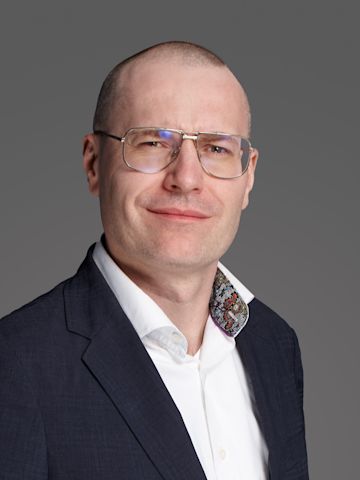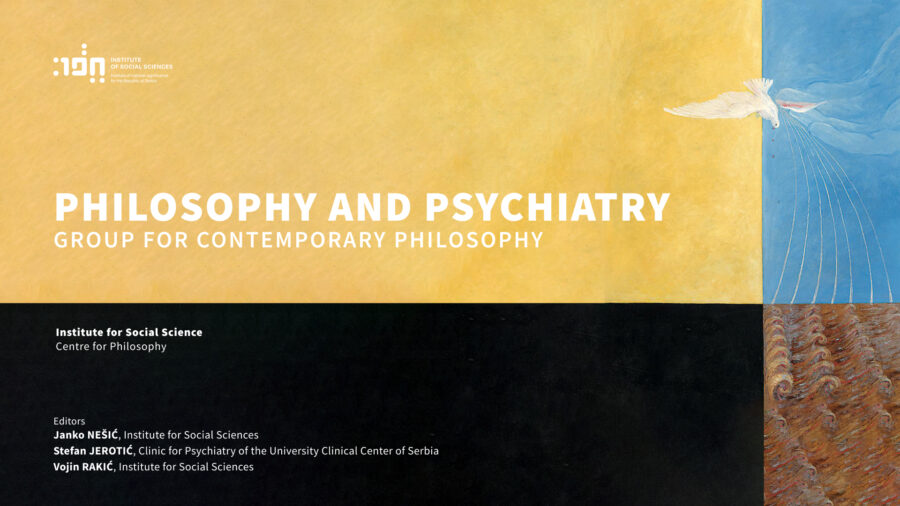Cognitive science has traditionally used several experimental paradigms to objectify temporal experience. Despite their high scientific validity, the results of these studies have very low phenomenological value. They all suffer from what Erwin Straus once called the “original sin” of psychology – a reduction to perception. On the other hand, the resurgence of qualitative methods in phenomenology has led to a number of progressive attempts to explore the lived (in the phenomenological sense of implicit) experience of time empirically.
Despite their rather high phenomenological value (which is still debatable), the results of such hybrid phenomenological methods have a low scientific validity within the natural-scientific hierarchy of evidence (mostly due to the samples size, ergo representativeness as well as limited quantifiability). In this talk, I will present a possible way out of the apparent value/validity sacrifice, namely front-loaded phenomenological surveys that attempt to objectify abnormal temporal experience without committing the original sin. This approach combines hetero- and qualitative phenomenology and uses ordinal scales in order to “measure” the severity of abnormal temporal experience (indexed by, e.g., frequency and intensity). It also proposes to apply quota-sampling techniques to secure representativeness and enable testing of any correlations between the severity of abnormal lived experience of time and clinical symptoms. Such quantified phenomenology may then both enlighten more philosophical-phenomenological insights empirically and serve clinical psychiatry.

You can follow the lecture online:
https://zoom.us/j/98069205588?pwd=8pBPWyp6b89D8w5nRUTLwxbhhpbqli.1
Meeting ID: 980 6920 5588
Passcode: 389343

